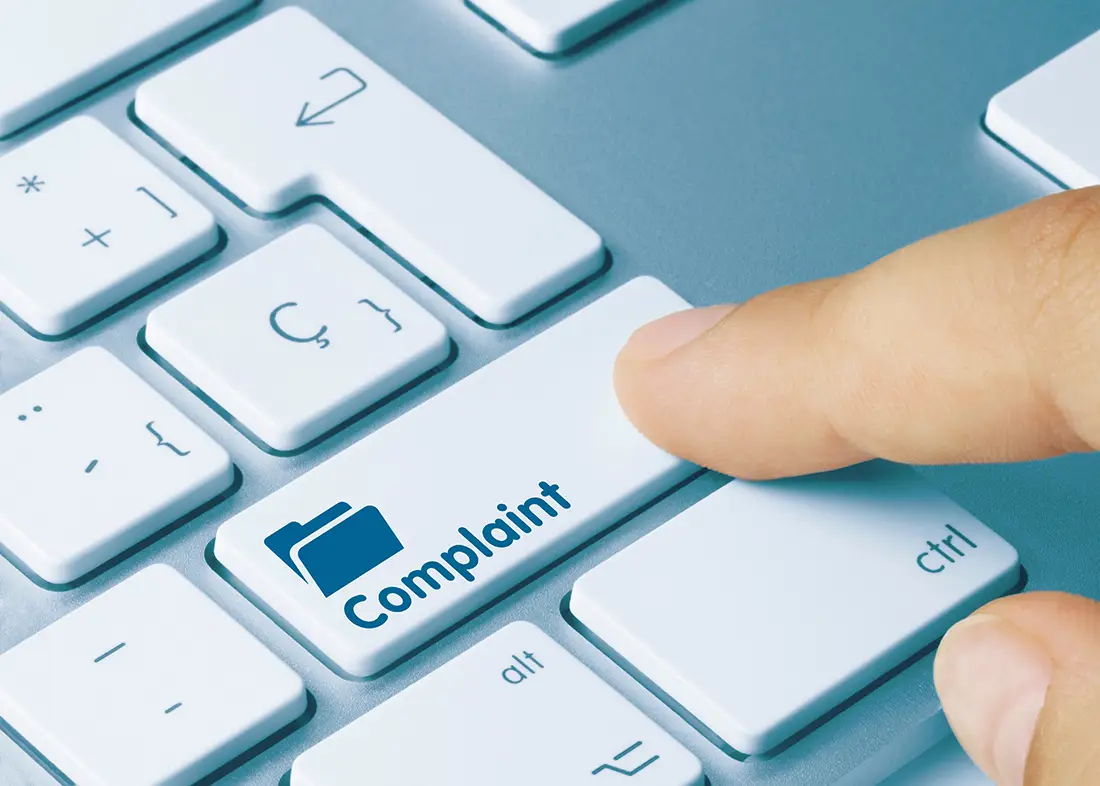Employers have a duty to maintain a safe workplace. Part of that duty includes ensuring that appropriate investigations are conducted into any incidents and complaints of workplace harassment, including sexual harassment. Employers should ensure those workplace investigations are carried out in a sufficient manner as failure to do so can result in a range of issues, including claims of wrongful dismissal against the employer.
Basics of Workplace Investigations
There are many pitfalls in conducting workplace investigations, particularly in the context of workplace sexual harassment.
To ensure employers are conducting effective and compliant investigations aimed at resolving any complaints and/or incidents, we encourage employers to consider the following:
- Developing policies in relation to workplace investigations.
- Employers are expected to implement policies that clearly outline the process for addressing and investigating workplace complaints. This eliminates any uncertainty for both the employer and employee when an issue arises. We encourage employers to regularly review and update their policies to remain in compliance with evolving legislation.
- Recording complaints in writing.
- Employers should ensure that any complaints received are written in writing, and that sufficient detail is recorded.
- In cases of sexual harassment, employers are expected to take special measures to behave in a way that is sensitive to the nature of the complaint. Employees who come forward with sexual harassment claims have the right to reasonably expect that they can disclose a complaint and be met with compassion, respect and understanding.
- Providing a timely investigation.
- While some employers may consider postponing investigations until they can be done in person (as a result of COVID-19), it should be balanced with the interest of providing a timely investigation and the fact that memories tend to fade over time (which can impact the quality of the investigation).
How to Carry out a Fair and Impartial Investigation
The law makes it clear that all parties, including both the complainant and accused, are entitled to a fair and impartial investigation process. To ensure this, an investigation is generally expected to involve the following steps:
- Informing both the complainant and the accused that an investigation will take place.
- Interviewing the accused, including providing him/her with a full opportunity to respond to the details of the complaint.
- Requesting the names of any relevant witnesses from both the complainant and the accused, which should be followed by an interview of the witnesses, including a review of their observations and experiences as it relates to the complaint.
- Recording detailed notes and collecting any relevant documents from the parties, witnesses, and the employer.
- Preparing a written report summarizing the steps taken during the investigation, the complaint, the allegations, the response from the accused, the evidence of any witnesses, and the evidence gathered. The report is expected to set out findings of fact and conclude whether the alleged conduct occurred (i.e., workplace harassment).
- Informing both the complainant and the accused in writing of the results of the investigation, and any action that may be taken by the employer, within 10 days of the investigation being completed.
Special Considerations for Workplace Investigations into Allegations of Sexual Harassment
In cases of sexual harassment, there are additional factors that an investigator must consider. Specifically, this includes, but is not limited to, power dynamics, vulnerability, and consent. In recent case law, decision-makers have awarded significant damages to complainants when an investigation has failed to make efforts to specifically address the care and consideration required in sexual harassment complaints.
Where a complaint of sexual harassment arises, we encourage investigators to consider the following in their evaluation:
- Whether there was a truly consensual relationship between the complainant and the accused;
- Whether there was any coercion between the complainant and the accused;
- Whether the complainant had a fear of job security, pay decreases, or the loss of employment altogether; and/or
- Whether there was a personal history that makes the complainant particularly vulnerable to the accused’s sexual advancements.
Neutrality
It is imperative that investigators maintain neutrality during all interviews as well as during the preparation of the report. Investigators must evaluate the credibility of the witnesses and parties to the investigation, and therefore, investigators are strongly encouraged to separate their own internal biases from the investigation itself.
Investigation Report
Once the investigation is complete, investigation reports are expected to be clearly worded and clearly articulate how the investigator came to their conclusion, referring to any evidence that supports the conclusions and explaining any limitations encountered (i.e., witnesses who would not participate, documents that could not be produced, etc.).
If you believe you have been harassed at work and your employer did not fulfil their duties, whether in relation to the Occupational Health and Safety Act or general legal principles, or if you are an employee accused of or fired in relation to any form of workplace harassment, contact Toronto employment lawyers, Sultan Lawyers, at 416-214-5111 or here.
Your Case: Our Priority.
At Sultan Lawyers PC, we are the only firm specializing exclusively in employment and immigration law. Whether your case is straightforward or complex, we have the experience and commitment to achieve the best possible outcome. Trust us to navigate the toughest challenges with you.



